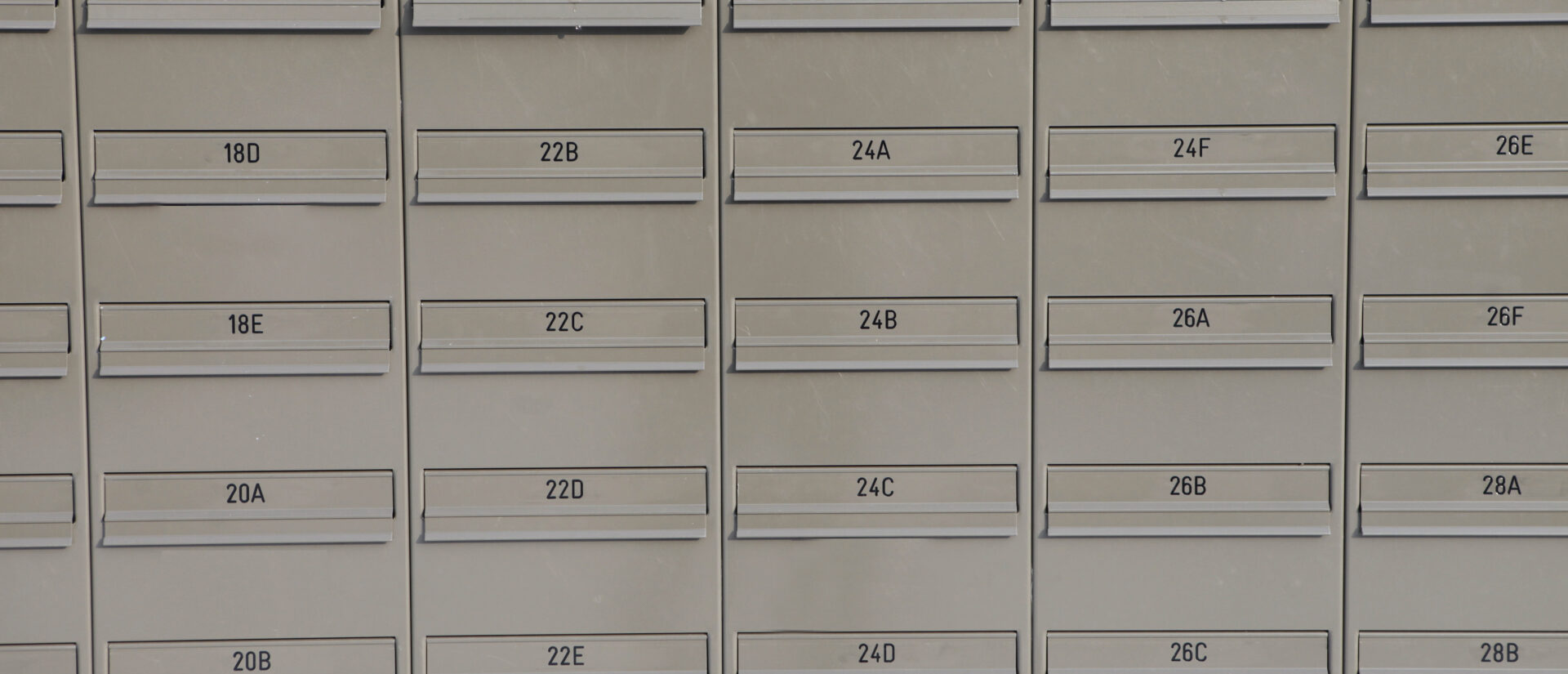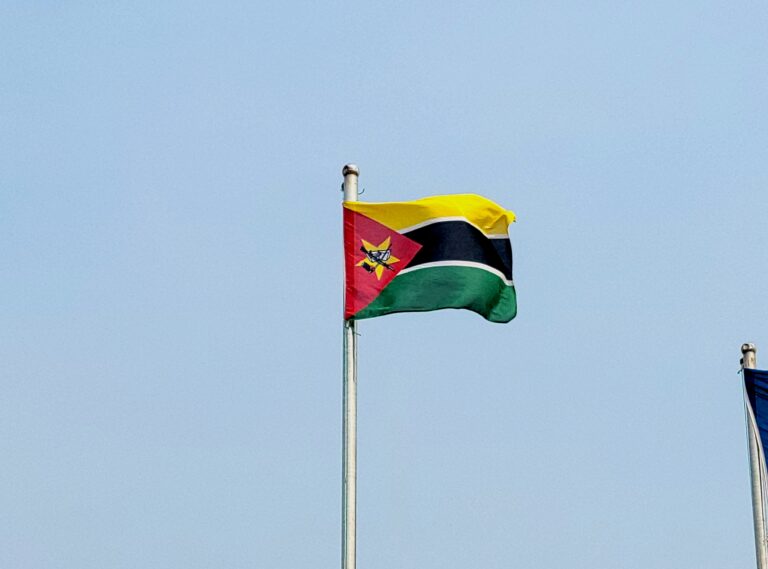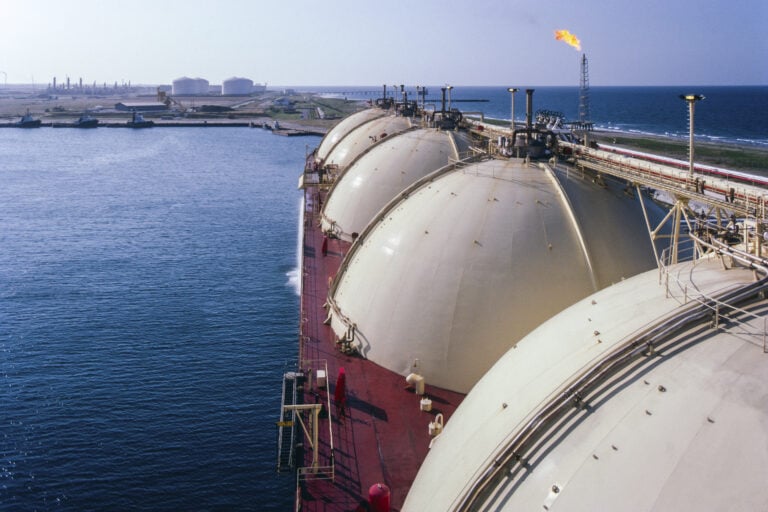
The Netherlands is a paradise for thieves and dictators
SOMO researchers Roos van Os and Indra Römgens published an article in ‘de Volkskrant’ (Dutch newspaper) about the question: Why does the Netherlands make it possible for dubious mining companies, tax dodgers, dictators and arms dealers to hide their identity?
This article was first published in the Volkskrant on 3 april(opens in new window) (in Dutch)
With one click of the mouse, you can order an ‘anonymous tax free private or public limited company’ and benefit from guarantees of ‘absolute confidentiality for the company’s beneficiaries and shareholders and the highest possible protection for the company’s management and executive’. This is how the self-proclaimed biggest legal advisor for offshore holding constructions in the Netherlands, Quaedvlieg Juristen of The Hague, presents the attractive Dutch tax climate.
This climate is attractive to dictators such as Gadaffi and Suharto and companies such as Enron, Trafigura and Parmalat alike. The book The Tax Paradise (Het Belastingparadijs) describes in detail how almost all the recent big business scandals (including the three mentioned above) involved anonymous Dutch letterbox companies. Tax evasion and the Dutch fiscal climate have been under scrutiny in the past few years. But less attention has been paid to the relationship between letterbox constructions and controversial practices such as bribery, corruption, whitewashing operations and human rights violations.
The Netherlands not only facilitates the undermining of tax bases in other countries, it also helps corrupt elites and companies which are involved in human rights violations by providing fiscal services without making demands on company practices, transparency or accountability.
As revealed in recent weeks in extensive reports in Dutch daily de Volkskrant and other newspapers, the son and business friends of the former Ukrainian president Viktor Yanukovych used Dutch letterbox companies to hide corrupt money and evade taxation. They did this through a holding construction in which an Amsterdam public limited company was the owner of two Ukrainian coal fired electricity plants. The electricity plants are controversial. In addition to the disastrous effects of the mostly illegal mining on the environment and the local habitat of near-by villages, the working conditions are abominable and social contributions and legislation evaded just as effectively as the taxes are.
A tenth of the world’s total economy is run via Dutch letterbox companies. A former McKinsey economist estimates that worldwide €17,000,000,000,000 (!) worth of assets are not taxed. As a tax paradise, the Netherlands makes a substantial contribution to facilitating this system of anonymous, secretive and often very complex structures. Anonymous companies and complex legal holding constructions make it difficult, and in some cases even impossible, to pin responsibility for abuses and crimes on the people involved. The holdings form an effective moral and legal shield for liability.
In recent years, international organisations like the OECD and the IMF have ticked off the Netherlands for this. The lack of transparency and supervision means the government does not know enough about who is channelling money through the Netherlands and incidents are not seen as a structural problem. Instead of putting energy into better supervision, the government prefers to promote how a holding structure in the Netherlands can be used for tax evasion – whoops, we mean ‘effective fiscal planning’ at Dutch embassies.
The current system of anonymity and impunity also has victims. At the moment, it is virtually impossible for them to get justice. On April 4, a debate on a National Plan of Action for human rights and business was held in parliament.
Although transparency is an important part of the plan of action, the cabinet failed to give the plan teeth with regard to giving access to company data and structures. Access to company data remains expensive. For instance, it costs a few thousand euros for citizens to get hold of just the Dutch annual reports over three years of a company like Trafigura, which has hundreds of subsidiaries all over the world.
In addition, the government has indicated for some time that it does not intend to make details about the owners behind the letterbox companies accessible. Even in the European Union, the Netherlands still does not support proposals to do so. On March 18, parliament passed a motion to actively publish registers of company owners. Finance minister Jeroen Dijsselbloem has to take action as his own party, Labour, voted in favour of the motion.
Because why should dubious mining companies, tax dodgers, dictators and arms dealers be helped to conceal their identity? Why is it necessary for companies to operate anonymously at all?
More transparency, better access to information and proper supervision of the thousands of letterbox firms have become imperative. In addition, the government should make sure that all companies in the Netherlands – including letterbox companies with no actual activities here – are not involved in international crime and human rights violations.
In short: it is time the government stopped siding with dodgy businesses and started doing something about them.
See more at DutchNews.nl(opens in new window) .
Related news
-
The treaty trap: The miners Published on:
 Vincent KiezebrinkPosted in category:Publication
Vincent KiezebrinkPosted in category:Publication Vincent Kiezebrink
Vincent Kiezebrink
-
The treaty trap: The gas companies Published on:
 Vincent KiezebrinkPosted in category:Publication
Vincent KiezebrinkPosted in category:Publication Vincent Kiezebrink
Vincent Kiezebrink
-
 Oil and gas multinationals avoid up to $2 billion in taxes in MozambiquePosted in category:News
Oil and gas multinationals avoid up to $2 billion in taxes in MozambiquePosted in category:News Vincent KiezebrinkPublished on:
Vincent KiezebrinkPublished on:

